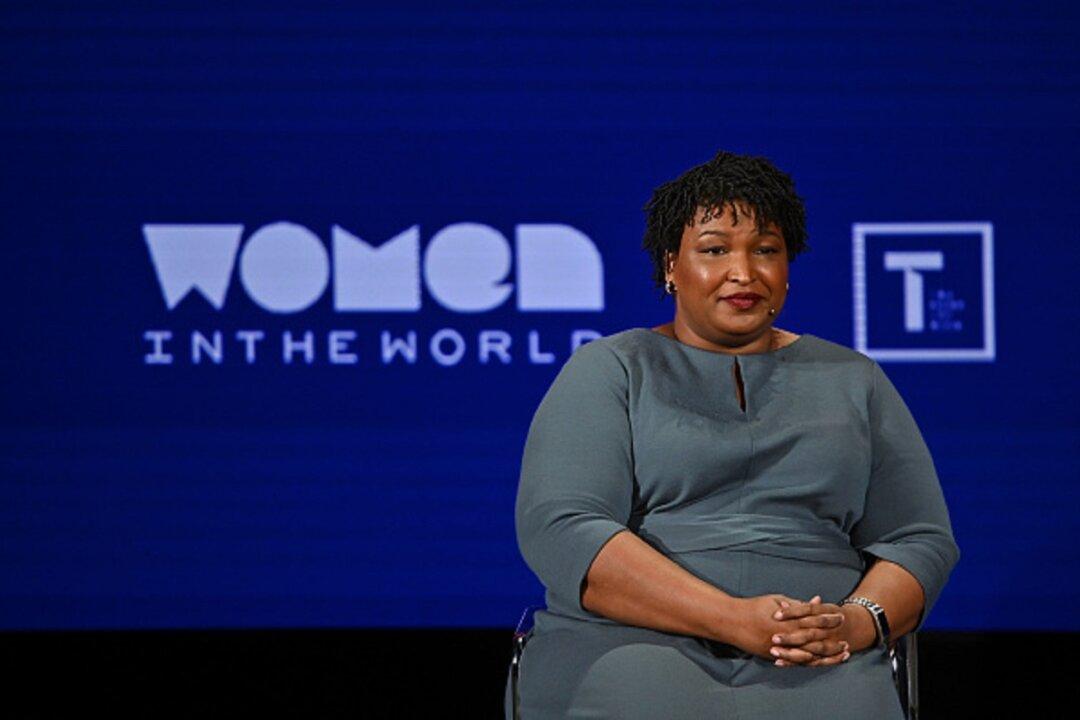The League of Women Voters (LWV) is the latest activist group to join a growing campaign on the left to overhaul the nation’s redistricting systems in an effort to combat partisan gerrymandering in the states, even as some say the action is simply an effort to gain a Democratic advantage.
On Sept. 4, the group introduced what it called a “multimillion-dollar, multi-year” push to end the long-standing but controversial practice, in which state lawmakers redraw the boundaries of electoral districts to favor their own party.





